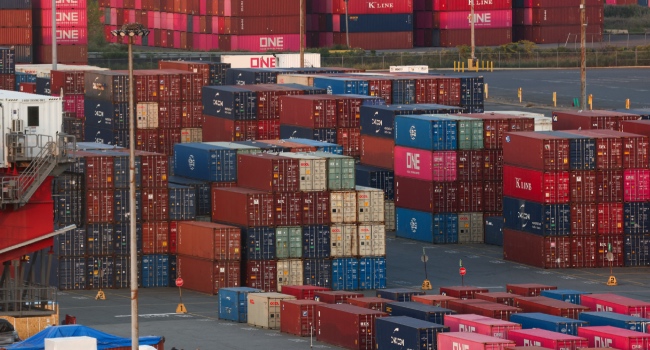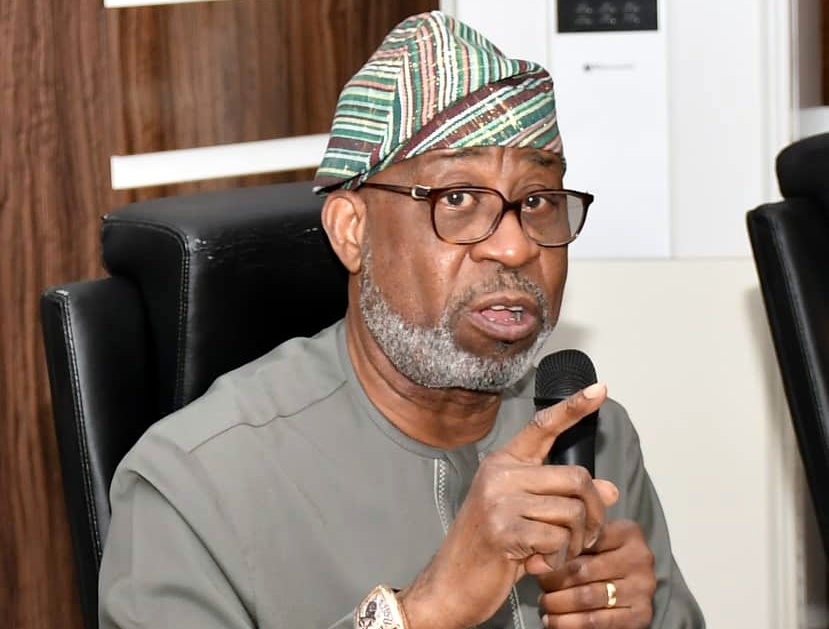US Encouraged by Progress in Ethiopia’s Peace and Reconciliation Efforts
The United States is making progress in its efforts to promote peace and reconciliation in Ethiopia, 20 months after a cease-fire was implemented in the northern Tigray region. According to a senior US official, the country is moving "in the right direction" as internally displaced people start to return to their homes and human rights abuses in Tigray have "dramatically decreased."
Mike Hammer, the US special envoy for the Horn of Africa, made the comments during an interview with VOA, where he also acknowledged continued conflicts in the Amhara and Oromia regions. Hammer stated that the US is prepared to support any efforts to bring peace to these areas through dialogue.
The US official traveled to Ethiopia last week to attend the African Union’s second meeting to review the implementation of the Pretoria Agreement, also known as the Cessation of Hostilities Agreement. The agreement was reached in November 2022, ending a two-year civil war that devastated much of northern Ethiopia.
Hammer noted that while progress has been made, much more needs to be done to address the ongoing crises in Tigray, including reports of starvation and food insecurity. He emphasized the importance of resolving issues through political dialogue and avoiding a return to violence.
The US official also touched on the issue of war crimes and accountability, stating that the US has called out the atrocities committed during the Tigray war and is supporting Ethiopia’s efforts to hold those responsible accountable through a transitional justice process.
In addition to Ethiopia, Hammer discussed the situation in Sudan, where he consulted with the Intergovernmental Authority on Development in Djibouti. He expressed concern over the ongoing crisis in Sudan, where the US is working to support Sudanese civilians and promote a peaceful resolution to the conflict.
Overall, the US is encouraged by the progress made in Ethiopia’s peace and reconciliation efforts, but acknowledges that much work remains to be done to address the ongoing crises in the region.



